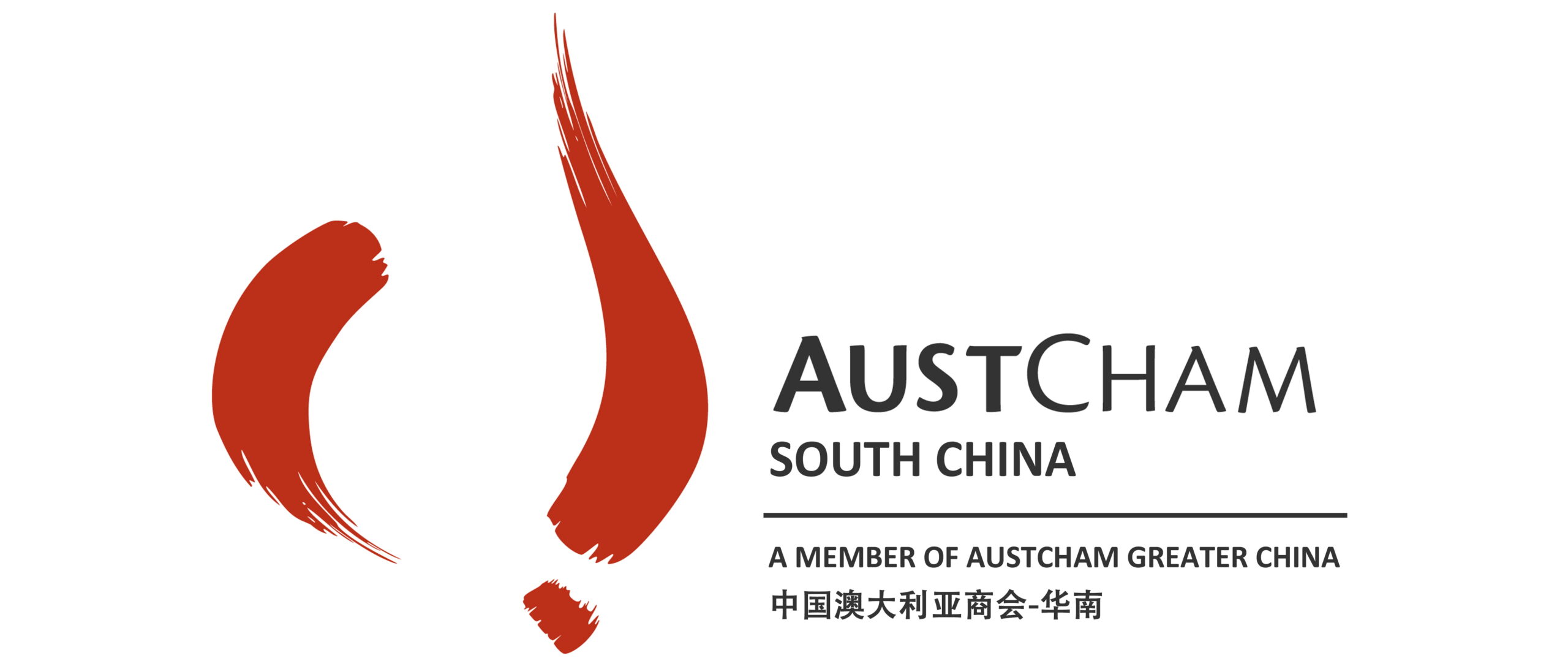China’s first e-Commerce Law was published on August 31st, 2018, and came into effect on January 1st of this year. This heralds a new era for the cross-border e-commerce industry. Other than this e-Commerce Law, a huge quantity of favorable policies regarding cross-border e-commerce have been issued by the State Council, the Standing Committee of the National People’s Congress, the Ministry of Finance, the State Administration of Taxation, the Ministry of Commerce, the General Administration of Customs (GAC) and other state departments of the Chinese government.
Let’s take a close look at the latest policies issued in the past year.
Policy 1 – Approval of the Establishment of Comprehensive Cross-border E-commerce Pilot Zones in Beijing Municipality and the Other 21 Cities (Guo Han [2018] No. 93)
| Promulgation Authorities | Release date | Effective Date |
| State Council | 24 July 2018 | 24 July 2018 |
Guo Han [2018] No. 93 aims to set up a new batch of comprehensive pilot areas of cross-border e-commerce and continuously promoting the opening-up and boosting of foreign trade. To foster new growth and city clusters that facilitate the development of surrounding areas, the State Council selected cities with better basic conditions for e-commerce development to set up comprehensive pilot areas, including 22 cities with a good industrial foundation such as Beijing, Shenyang, Nanjing, Wuhan, Nanning, Xi ‘an, etc.
Policy 2 – Announcement of the State Council Tariff Commission on Lowering Import Tariffs for Certain Goods (Tariff Commission Announcement [2018] No. 9)
| Promulgation Authorities | Released date | Effective Date |
| State Council Tariff Commission | 30 September 2018 | 1 October 2018 |
Starting from November 1st, 2018, the Most Favorable Nation (MFN) tariff rates for certain goods in 1,585 tax categories has been lowered. Due to the adjustment of MFN tariff rates, MFN provisional tariff rates for 39 types of imports have been removed.
On the eve of China’s first International Import Fair, China’s new round of import tariff reduction undoubtedly shows that China is getting ready to play a more important role in the global economy. Relying on its vast consumer market, China encourages international brands and products to compete with Chinese domestic enterprises.
Policy 3 – E-commerce Law of the People’s Republic of China (Presidential Decree No. 7)
| Promulgation Authorities | Released date | Effective Date |
| Standing Committee of the National People’s Congress | 31 August 2018 | 1 January 2019 |
On August 31st, 2018, the Standing Committee of National People’s Congress passed the E-commerce Law, which is the first comprehensive law in the field of e-commerce in China. As can be seen, the Chinese government is supportive of the development of cross-border e-commerce industry. Before the E-Commerce Law, disputes related to cross-border e-commerce business often arose due to the difficulty in reaching legal consensuses and the varying responsibilities between entrusting relationship and contractual relationship. The promulgation of E-commerce Law is a landmark event, although problems such as smuggling, fake production and IP infringement in practice remain unsolved by this law.
Policy 4 – Announcement on Matters Related to Real-time Acquisition of Payment-related Original Data of Cross-Border E-Commerce Platform Enterprises (GAC [2018] No. 165)
| Promulgation Authorities | Released date | Effective Date |
| General Administration of Customs | 8 November 2018 | 1 January 2019 |
GAC [2018] No. 165 requires that cross-border e-commerce platforms participating in cross-border e-commerce retail import business should share original data with Chinese Customs, including their order number, commodity name, transaction amount, currency, payee related information, commodity display link address, payment transaction serial number, verification institution, transaction complete time and other data deemed necessary.
Policy 5 – Announcement on Relevant Matters of Opening Information Management System for Inbound and Outbound Mail Articles (GAC [2018] No. 164)
| Promulgation Authorities | Released date | Effective Date |
| General Administration of Customs | 8 November 2018 | 30 November 2018 |
In order to further strengthen the supervision of inbound and outbound mail and improve the efficiency of mail clearance, GAC has decided to promote the use of the inbound and outbound mail information management system in the national Customs starting November 30th, 2018. GAC and China Post Group Company will faciliate the nationwide network transmission of inbound and outbound mail. Postal enterprises will, when handling the entry, exit, and transit of mail of general contractors, transmit relevant electronic data such as general contractor’s waybill to the Customs.
Currently, there are two types of import for cross-border e-commerce: bonded imports and direct mail imports. The Customs promotion of the postal goods information management system has had a great impact on cross-border e-commerce via direct mail import. On the other hand, this move will deal a blow to small and medium-sized cross-border e-commerce enterprises and individuals who take postal parcels as the main entry and exit channel, because it will greatly increase the tax on personal articles in postal parcel channels under certain circumstances. At present, it is not clear whether the Customs will complete the tax collection in full according to the declaration of information directly in the entry link, or remain the hold the information for post-event investigation only.
Policy 6 – Notice on Work Relating to Improved Regulation of Cross-border E-commerce Retail Importation (Shang Cai Fa [2018] No. 486)
| Promulgation Authorities | Released date | Effective Date |
| Ministry of Commerce, National Development and Reform Commission, Ministry of Finance, General Administration of Customs, State Administration of Taxation | 28 November 2018 | 1 January 2019 |
Shang Cai Fa [2018] No. 486 has provided a clearer administration framework for cross-border e-commerce retail importation. It states that the cross-border e-commerce retail importation refers to the consumption activity of consumers in China purchasing goods from overseas through a cross-border e-commerce third party platform operator which are delivered to China via the “online purchase of bonded imports” (Customs regulatory method code 1210) or “direct purchase of imports” (Customs regulatory method code 9610).
Shang Cai Fa [2018] No. 486 is an important guideline for overseas merchants who wish to sell their products to Chinese consumers through cross-border e-commerce. Overseas enterprises who sell cross-border e-commerce retail imported goods from overseas to consumers in China are deemed as the owner of the goods as well as “cross-border e-commerce retail importers” or “cross-border e-commerce enterprises”. As a consequence, the overseas merchant will bear the main liability for quality and safety of the goods and performs the relevant obligations such as entrusting an enterprise registered in China (domestic agent) to complete customs registration and make relevant declarations.
It is worth noting that the domestic agent entrusted by overseas merchants will bear civil liability jointly and severally when it comes to the safety of goods sold. Given the burden of civil liability, many Chinese enterprises would be unwilling to undertake the entrustment by overseas merchants, especially if the goods or brands are not well known by Chinese consumers or the safety concern is potentially high (such as food related products). In this case, the overseas merchants may need to consider setting up a subsidiary in China to become a domestic agent.
Policy 7 – Notice on Improving Tax Policies for Cross-border E-commerce Retail Importation (Cai Guan Shui [2018] No. 49)
| Promulgation Authorities | Released date | Effective Date |
| Ministry of Finance, State Administration of Taxation, General Administration of Customs | 29 November 2018 | 1 January 2019 |
Currently, the duty rate for retail goods imported through cross-border e-commerce within the certain transaction limits will be set at 0% temporarily. The import VAT and consumption tax on such retail goods are temporarily levied based on 70% of the statutory tax payable, according to Cai Guan Shui [2016] No.18.
Cai Guan Shui [2018] No. 49 increases single transaction limit for cross-border e-commerce retail import from RMB2,000 to RMB 5,000, and the annual transaction limit from RMB 20,000 to RMB 26,000. The increased limit for single transactions means that cross-border e-commerce retailers can sell more single items above RMB 2,000 and under RMB 5,000. The import part of cross-border e-commerce relies heavily on cutting off intermediate procedures to improve transaction efficiency and reduce costs. Therefore, this new policy better meets the demand for foreign products with higher price under the background of domestic consumption level-up. Industry giants started to make use of their advantages in supply chain management, driving the entire industry to a more standardized path.
Policy 9 – Announcement of the General Administration of Customs on Relevant Matters Concerning Regulation of Cross-border E-commerce Retail Imports and Exports (2018) (GAC [2018] No.194)
| Promulgation Authorities | Released date | Effective Date |
| General Administration of Customs | 10 December 2018 | 1 January 2019 |
Since the cross-border character (i.e. import and export of goods) is the most important character of cross-border e-commerce activities, the regulatory policy and enforcement of Customs are crucial to the development of cross-border e-commerce.
The objectives of GAC [2018] No.194 is to ensure traceability of goods and clarify the parties with the burden of responsibility in quality and safety assurance. In particular, it clarifies matters concerning Customs regulation of cross-border e-commerce retail imports, such as: Enterprise management, Customs clearance, tax collection, customs supervision venues management, quarantine, Inspection and Logistics management, goods returning management and other miscellaneous matters.
Policy 10 – Announcement of the General Administration of Customs on Matters Relating to Customs Registration and Administration for Cross-border E-commerce Enterprises (GAC [2018] No. 219)
| Promulgation Authorities | Released date | Effective Date |
| General Administration of Customs | 29 December 2018 | 1 January 2019 |
GAC [2018] No. 219 further standardizes Customs registration and administration for cross-border e-commerce enterprises. Cross-border e-commerce payment enterprises, logistics enterprises shall obtain the relevant qualification certificate pursuant to the provisions of GAC [2018] No. 194 and submit the relevant qualification certificate pursuant to the relevant provisions of the authorities in charge when completing Customs registration formalities.
Prior to the date of implementation of this Announcement, a cross-border e-commerce logistics enterprise which has completed Customs registration formalities or information registration formalities, or a platform enterprise or a payment enterprise participating in cross-border e-commerce importation which has completed Customs information registration only, shall, before 31 March 2019, complete the formalities for Customs registration or submission of qualification certificate pursuant to the provisions.
To summarize, with the supervision of the authorities and relevant regulations, the cross-border e-commerce industry totally keeps a rapid developing pace. The promulgation and implementation stage of the new policies on cross-border e-commerce imports is not only a phase-out period for improving the quality of cross-border e-commerce imports, but also an opportunity for industry transformation and upgrading. Although there are still no specific regulations that stipulate every aspect of cross-border e-commerce retail import in detail, regulations regarding some peripheral issues, like international tax or logistics, have already came into effect and made an influence on the cross-border e-commerce industry. The government’s intention of taking the whole cross-border e-commerce industry under control can be easily detected and we can surely anticipate more and more supporting policies and normative regulations coming into being in the near future.
In light of the above, henceforth, CW will also put more attention on issues regarding cross-border e-commerce when providing a full range of services in consultancy, accounting, tax, HR, payroll, etc. for foreign investors that wish to operate a business in China. To help with the construction of a new and encouraging environment for cross-border e-commerce operators, CW will continue to play an active role in:
- carrying out detailed and thorough research and analysis on the latest laws and policies regarding tax, import & export, foreign investment, etc.;
- making clear the purpose and trend of the updates of laws and policies so as to help foreign investors in developing a better understanding toward the Chinese economy and the local markets;
- cooperating with local-level authorities and explore the direction of policy reform and development in practice;
- Connecting with cross-border e-commerce platforms and service providers;
- Providing advisory on e-commerce and assisting foreign companies to deal with practical problems that happened in their daily operations in China.
For any enquiries, please feel free to write to phenix.zheng@cwhkcpa.com.
About CW CPA
As a one-stop service provider, CW CPA offers a wide array of professional, client-focused services tailored to individuals’ needs, including accounting & financial, audit & assurance, tax advisory, corporate secretarial, HR process outsourcing and China business consultancy.
CW CPA’s global reach spans across different continents with offices strategically located in Hong Kong, Shenzhen, Guangzhou and Shanghai in Mainland China, Barcelona in Spain, London in UK and Bogotá in Colombia.
CW means CONNECT WORLD. As a member of Allinial Global – the world’s third largest global accounting association and UC&CS Global – the No.1 international accounting association in Latin America, by leveraging our professional expertise and extensive business network, CW CPA is dedicated to acting as a ‘super-connector’ for overseas companies who want to do business in Hong Kong and Mainland China as well as for Chinese companies who want to go global to explore overseas markets.
Feel free to visit our website www.cwhkcpa.com to know more about us.


